• together we can •
thRive
|
TRAUMA can happen to both kids and adults.
|
HEALING takes time, patience, and safety
|
RECOGNIZING the need to heal is a sign of strength.
|
INVITE others to join you in the process.
|
VOICE your needs and find what works for you.
|
ENGAGE in healing each day
|




